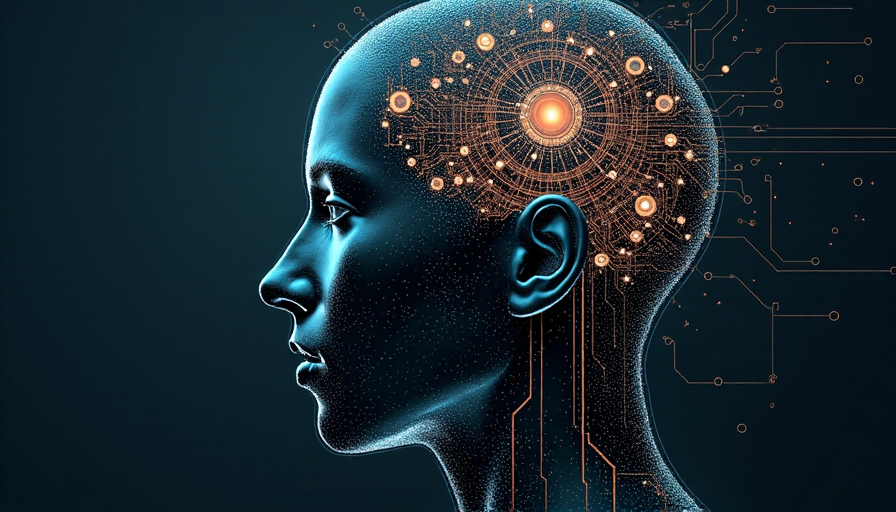
Human Touch Remains Essential in Academic Research
AI’s Incomplete Journey in Academic Endeavors
In a groundbreaking investigation led by researchers at the University of Florida, the notion that artificial intelligence might completely replace human researchers was challenged. The study, detailed in a paper titled “AI and the advent of the cyborg behavioral scientist,” systematically evaluated popular AI tools including OpenAI’s ChatGPT, Microsoft’s Copilot, and Google’s Gemini.
Testing the Bounds of AI in Research
The researchers designed an experiment that pushed these generative AIs through six critical stages of academic inquiry:
- Ideation and Research Design: AI systems demonstrated promising capabilities in brainstorming and formulating research designs, including methods and stimulus design.
- Literature Review and Data Analysis: In these stages the AI struggled to produce comprehensive and valuable results without considerable human input.
- Manuscript Production: Creating the final research paper proved challenging, with the outputs requiring significant human verification and refinement.
This study clearly shows that while AI can manage the legwork, it lacks the nuanced judgment and critical oversight that only human researchers can exhibit.
The Researchers’ Perspective
Assistant Professor Geoff Tomaino from the University of Florida Warrington College of Business emphasized that the fear of AI usurping human labor is unfounded. Instead, AI is best regarded as a supportive tool. Tomaino remarked, "These AIs can offer some assistance, but their value stops there. The researcher remains the director and critic rather than an equal partner in the process."
The team further argued that despite AI’s potential to streamline certain research tasks, considerable skepticism is warranted. They advocate treating AI-generated results merely as starting points that demand rigorous human evaluation.
Future Implications and Policy Recommendations
The study opens the door to a broader discussion on the role AI should play in academic research. The researchers suggest:
- For Scholars: Rely on AI for preliminary tasks, but always incorporate human judgment for deeper analysis.
- For Journals: Implement clear policies regarding the acknowledgment of AI assistance and limit its role in the research review process.
The research not only highlights the current limitations of AI but also serves as a call for a balanced integration of technology, ensuring that the unique value of human insight in academic research is preserved.
Concluding Reflections
The evolving dialogue between technological assistance and human intellect was encapsulated by Tomaino's reflective remark: "As these AI tools evolve, it will be up to each individual researcher to decide for which steps of the research process they want to become a cyborg behavioral researcher, and for which they would like to remain simply human." This sentiment captures the ongoing debate over the optimal blend of technology and traditional methodologies in research.
Note: This publication was rewritten using AI. The content was based on the original source linked above.